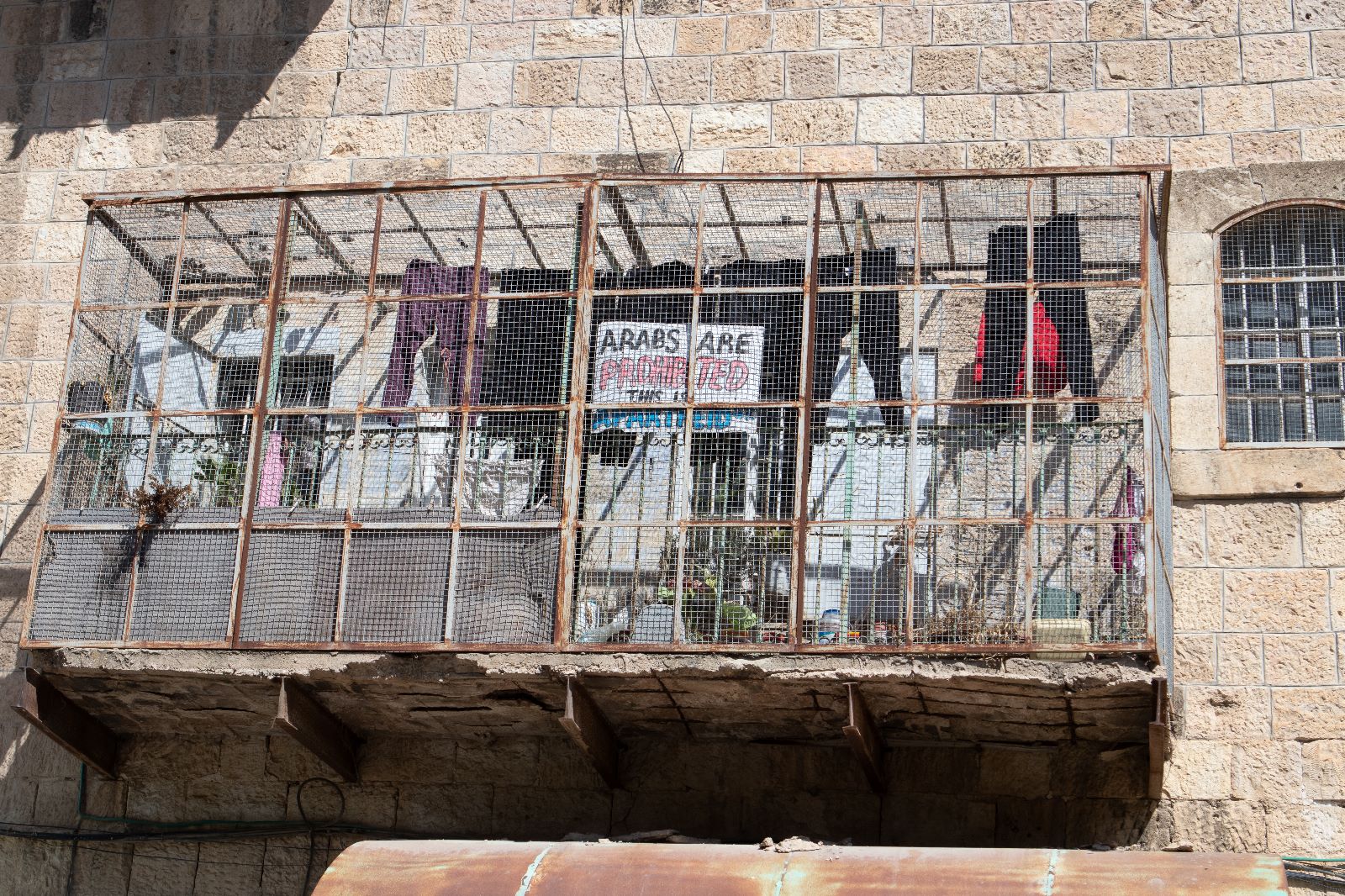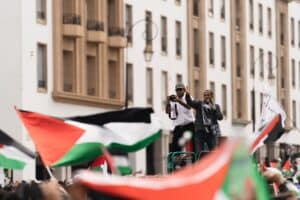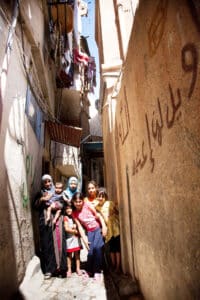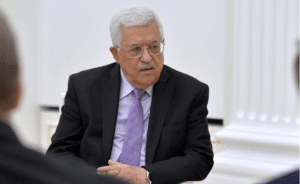Hebron 2019
Israelis and the Palestinians pledged Sunday at a meeting in Egypt to take steps to lower tensions, including a partial freeze on Israeli settlement activity and an agreement to work together to “curb and counter violence”. The talks come ahead of Ramadan in a diplomatic effort to maintain calm during the Muslim Holy month, when matters often escalate between Israeli forces and Palestinians in the occupied Palestinian territories.
The Israeli and Palestinian delegations met for the second time in less than a month, navigated by regional allies Egypt and Jordan, as well as the United States, to end a year-long outburst of violence. More than 200 Palestinians have been killed by Israeli fire in the West Bank and East Jerusalem, and more than 40 Israelis have been killed in Palestinian attacks during that time. Israel and the Palestinian National Authority reaffirmed their joint commitment to immediately work to end unilateral measures for a period of three to six month. This includes an Israeli commitment to stop discussion of any settlement units for four months, and to stop authorization of any outpost for six months. The Israeli pledges were largely symbolic. Israel recently approved the construction of thousands of new settlement homes.
Rise in violence
At least 88 Palestinians, of whom about half were militants and half civilians, and 16 Israelis, of whom 15 were civilians, have been killed since January. This makes 2023 the deadliest start to the year in occupied East Jerusalem and the West Bank in two decades. The bloodshed has led to speculation that the region is beginning is at the beginning of a third intifada, or Palestinian uprising. The situation on the ground has been tense for more than a year, with frequent raids and near-daily killings of Palestinians by the Israeli army, which have only spiked under the new extreme right-wing Israeli government sworn in at the end of last year.
No protection
Last month, at least 400 Israeli settlers attacked several Palestinian villages in Nablus, killing one man and injuring hundreds of others. Settlers burned down more than 30 homes and at least 100 cars while beating Palestinians with metal rods and rocks. Six settlers were arrested, but were let free a few days later. The release of the settlers arrested fits into a wider pattern, with only three percent of investigations into attacks against Palestinians resulting in a conviction and 3 percent of investigations closing without an indictment, according to the Israeli rights group Yesh Din. Such attacks, which include shootings, stabbings, arson, beating and rock-throwing, have become more organised over the past few years. Many of these incidents have been recorded on video showing that the attacks often take place under the protection or in coordination with the Israeli army, sometimes with soldiers and settlers shooting side by side.
Research of Rights group Yesh Din shows that the Israeli law enforcement system fails in fulfilling its duty to protect Palestinians from Israeli violence. They stated: “The failing of Israel’s law enforcement system can be observed in every aspect of its response to ideologically motivated crime by Israelis against Palestinians in the West Bank: ineffective prevention, failed police investigations, low indictment rate, and lenient sentences for convicted offenders. This proves the State of Israel normalizes and supports ideologically motivated violence perpetrated by Israelis against Palestinians in the West Bank as a matter of policy and benefits from its effects”.
Fear for further escalation
The upcoming period is sensitive because large numbers of Jewish and Muslim pour into Jerusalem’s old city, the emotional heart of the conflict and a flashpoint for violence, increasing friction points. Large numbers of Jews are also expected to visit a key Jerusalem holy site, known to Muslims as the Noble Sanctuary and to Jews as the Temple Mount- an act viewed as a provocation. Under longstanding arrangements, Jews are allowed to visit the site but not pray there. But in recent years the number of visitors grown, with some praying. Such scenes have raised fears among Palestinians that Israel is trying to alter the status quo. According to Crisis Group, the risk of further violence is high with Ramadan starting and Passover in early April. Specifically at the Holy Esplanade, where Muslims and Jews tend to visit in high numbers during the holidays.
Author: Manouk Bronzwaer



